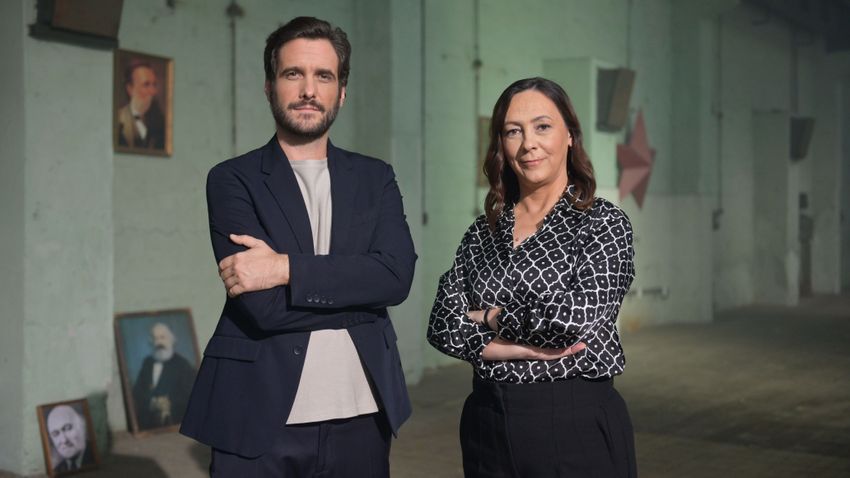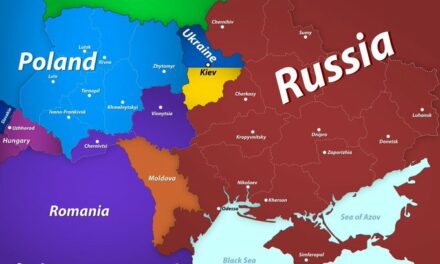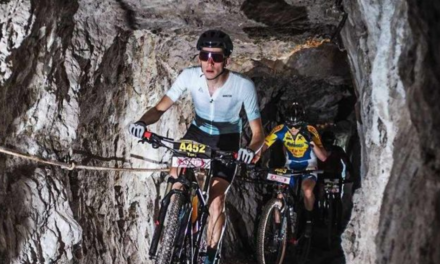A series of historical documentaries based on the works of Zsuzsanna Borvendég entitled Red octopus will be launched on the M5 cultural channel on Saturday evening. The documentary series covers the occupation of Hungary, the establishment of the communist dictatorship, and the change after 56, as well as the establishment and strengthening of the foreign search network. The hosts of the show are historian Zsuzsanna Borvendég, expert, employee of the Hungarian Research Institute, author of the works The Age of Impex and The Money of the Network, and journalist and researcher Gábor Mező.
The program presents the structure of Moscow's network based on the Soviet model, the importance of the foreign trade area, the work of trusted people made up of ÁVH officers, and the "gates" created on the Iron Curtain that are impenetrable to the average person. They deal with such notorious companies as Interag, which was run by a former man of the political police. They reveal how Hungary participated in the support of international terrorism, how military equipment was smuggled from here to Arab countries such as Libya. The historical documentary series also investigates how the legend of the "most fun barracks" was constructed in the Western and Hungarian press. How did János Kádár himself make background deals with western businessmen such as Cyrus Eaton. Relying on facts, he elaborates the history of impex companies and how they managed to operate continuously at a loss, so that the alleged "enemies", the big Western companies, benefit from it. The series helps the understanding in an effective way, sometimes shocking, sometimes surprising, while staying true to reality. Acceptability is also facilitated by the permanent locations where the experts speak, and the graphics, which visually help the viewer to process the many new and often not easily digestible information.
Wine guest Zsuzsanna expressed the most important message of the show this way:
- I am reminded of Attila József: "Tell the truth, not just the real thing." I stick to this, and as a historian I follow a somewhat unusual path, which many people do not even tolerate within the profession, but I believe that what I do has meaning, since the acquired knowledge remains self-serving if I do not share it with others. Science and research only make sense if its results become a common treasure.
Gábor Mező put it this way:
– Everything can be written, filmed, there is no need to be afraid of taboo subjects. Our present is also determined by what happened before 1990 and then in the nineties and 2000s. - Few people know that during the time of Kádár, Hungary could become the "most cheerful barracks" by putting the country in deep debt. János Fekete, who is celebrated by many to this day, was a key player in this, as well as the impex network, which we focus on in the Red Polyp.
The tentacles of the Red Octopus reach to this day, the economic and cultural life is still interwoven with a thousand threads by the system of relationships rooted somewhere in the days of Kadar. In order to be able to defend our national interests despite the pressure of globalism, we must reveal the counterforces operating in the background, we must point out their existence, added Zsuzsanna Borvendég.
Hungarian Nation
Cover photo: Borvendég Zsuzsanna and Gábor Mező, presenters of the documentary series The Red Octopus (Photo: MTVA/Kinga Csöndör)












